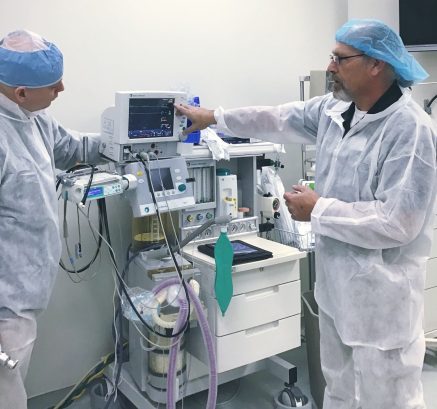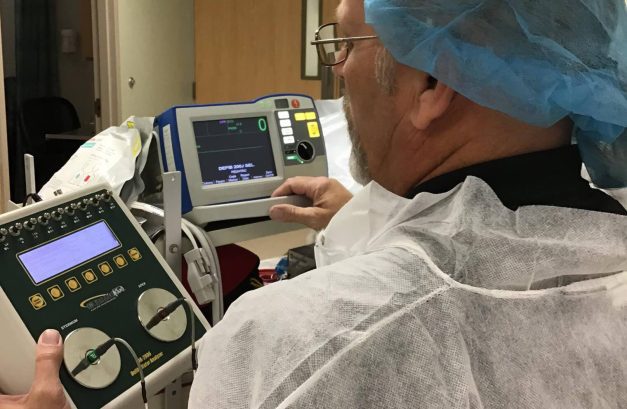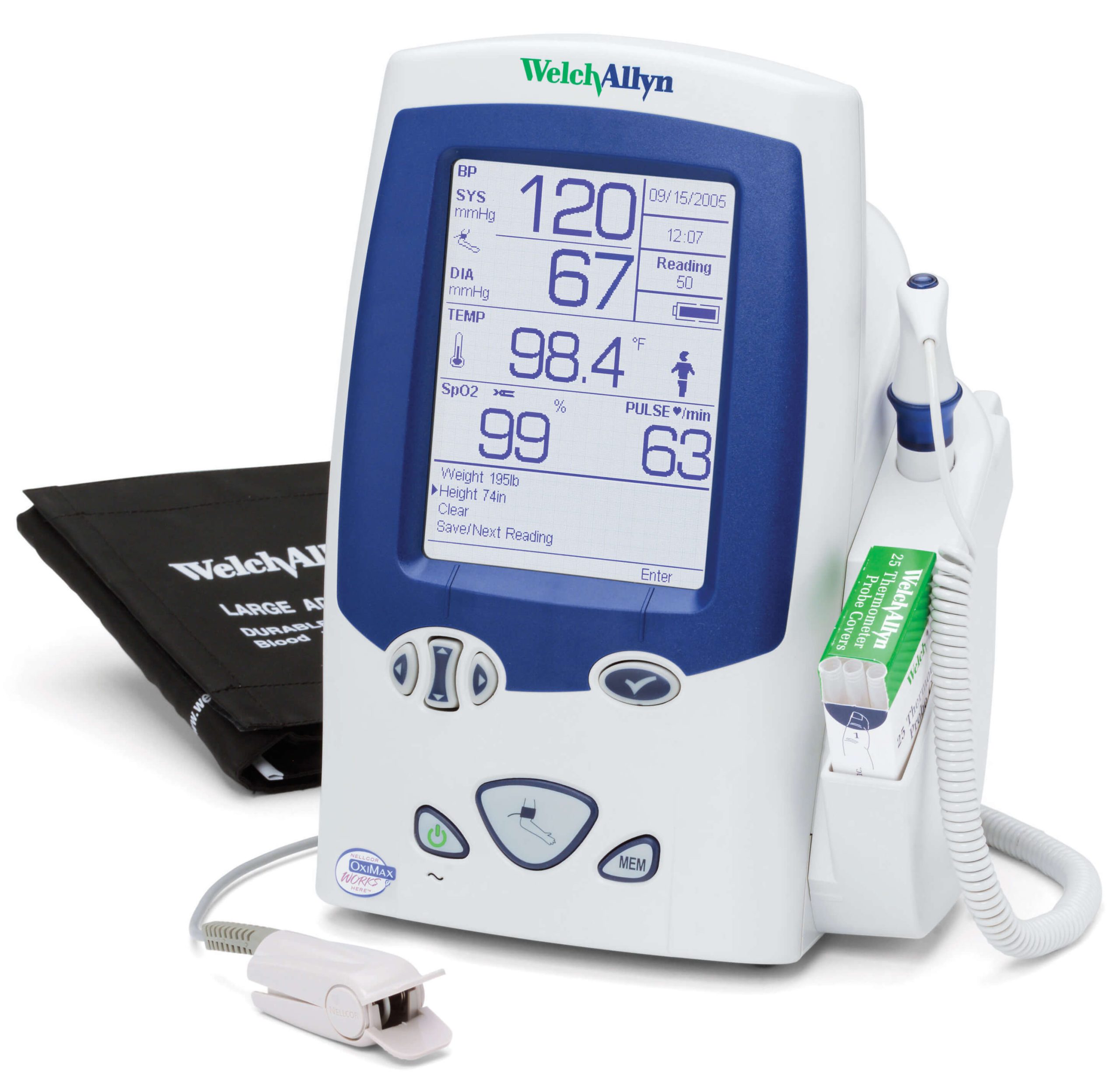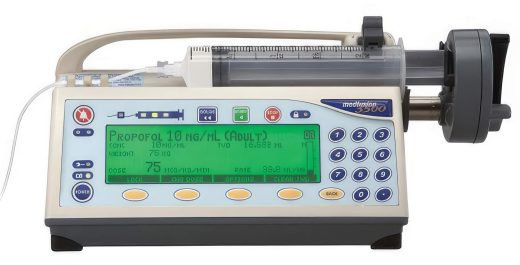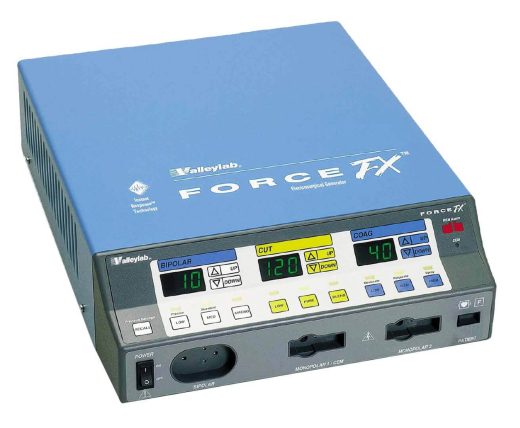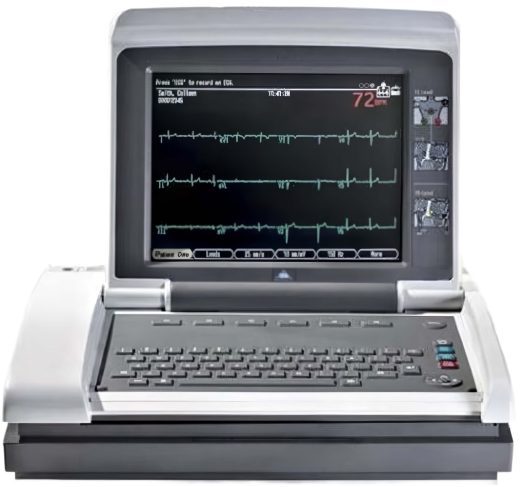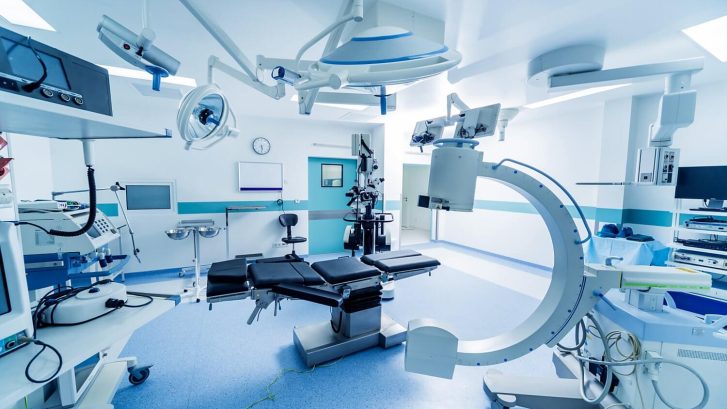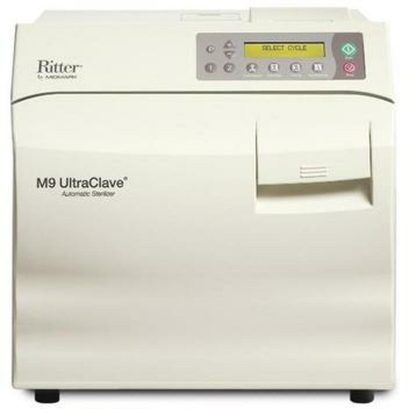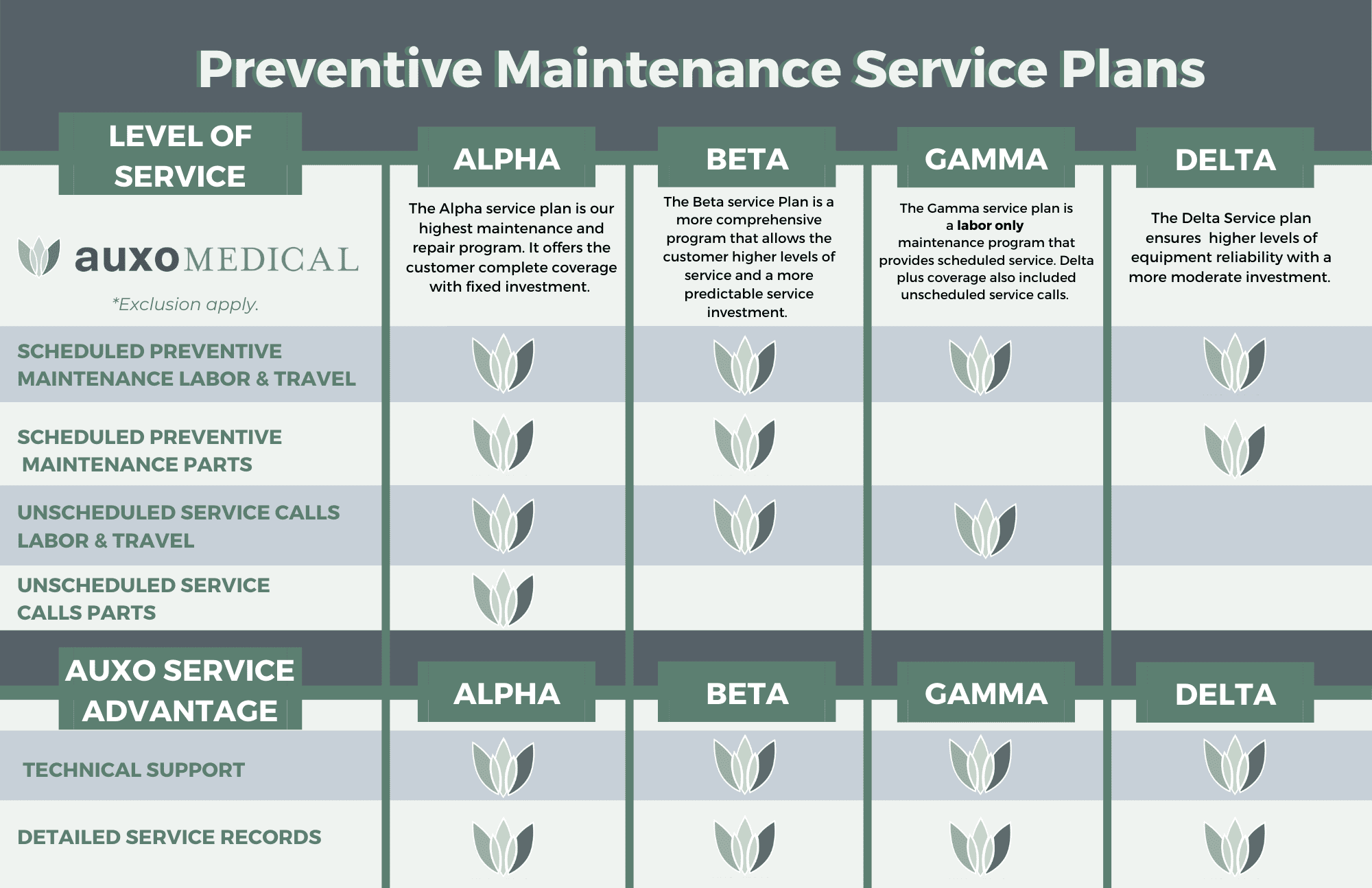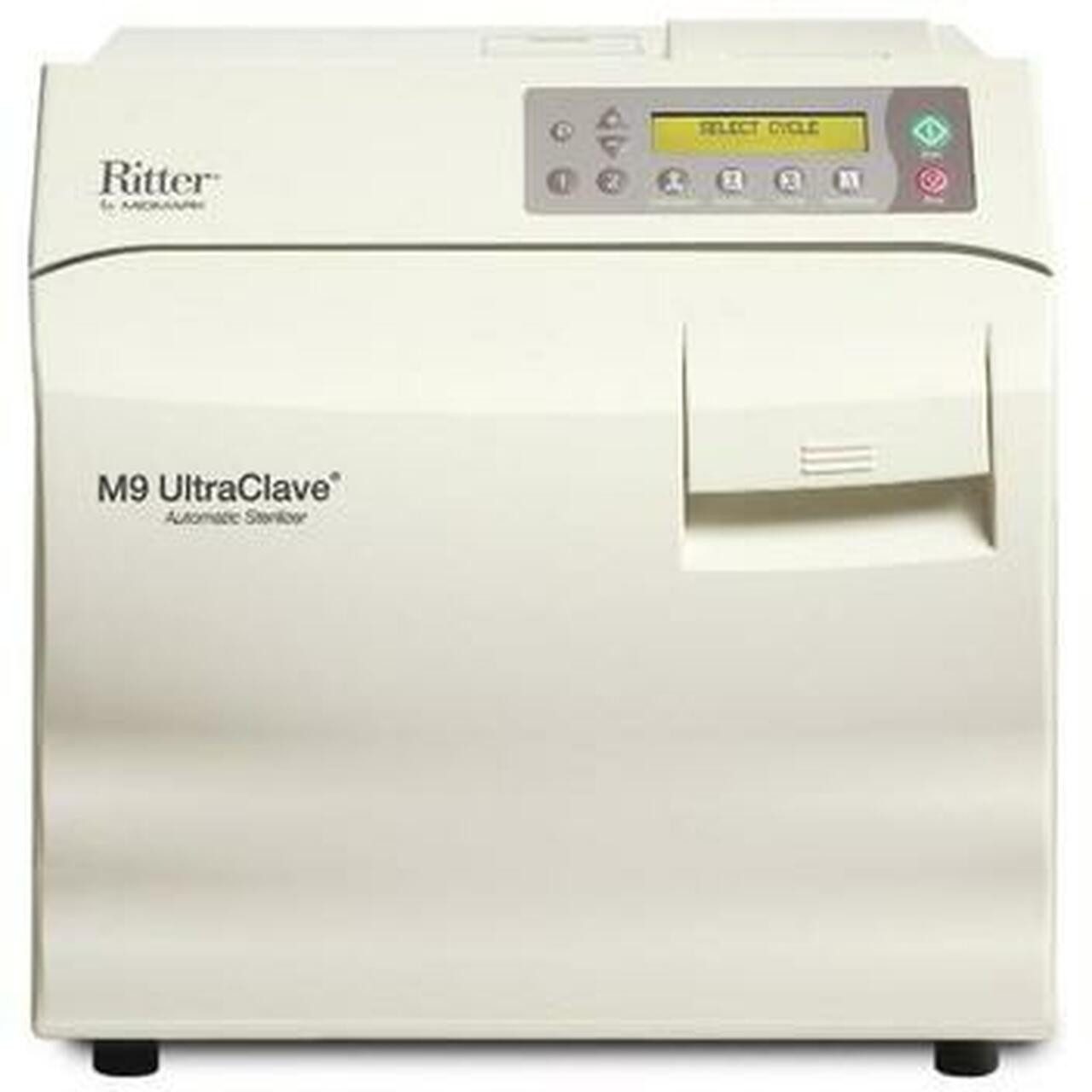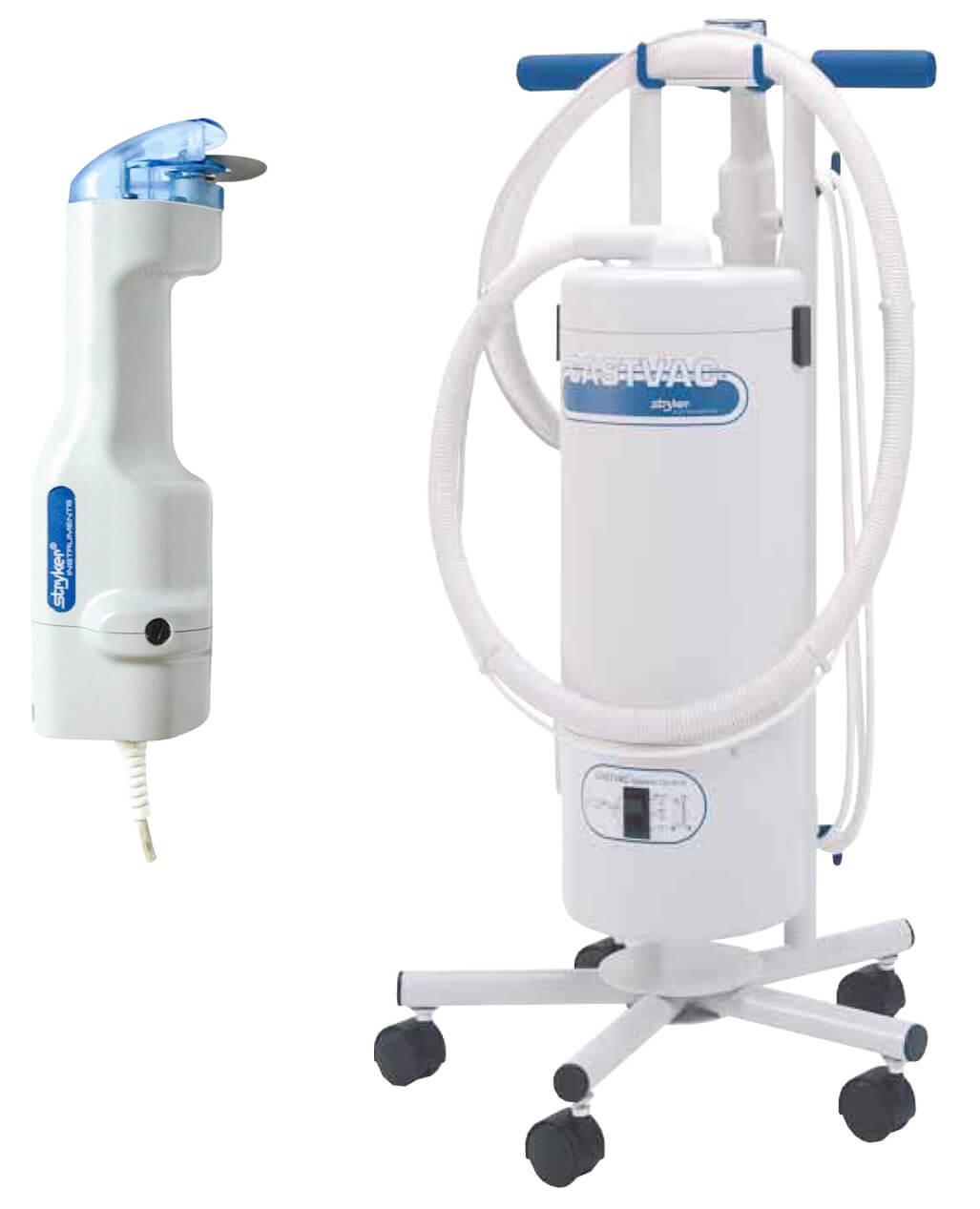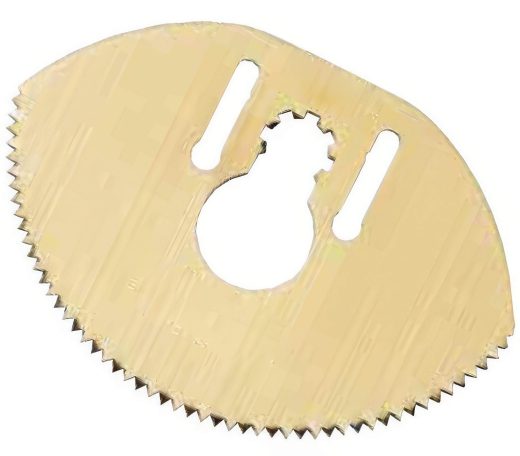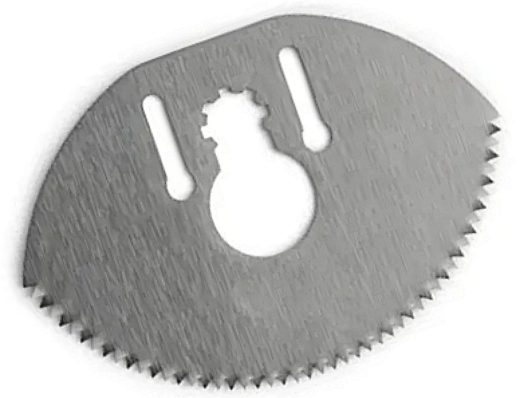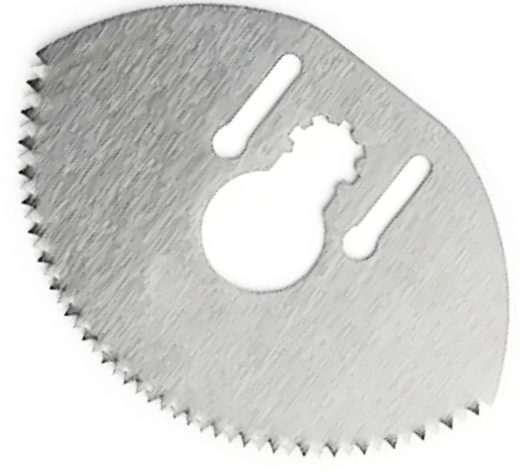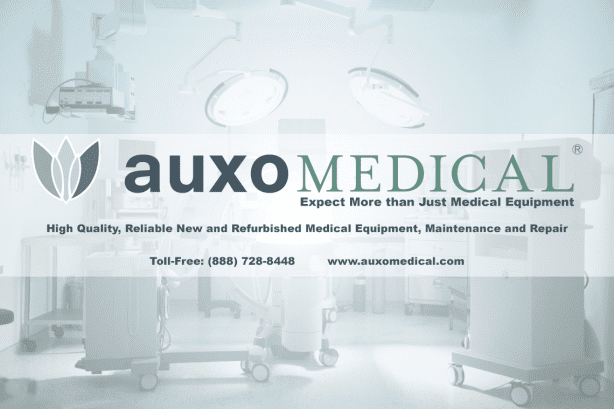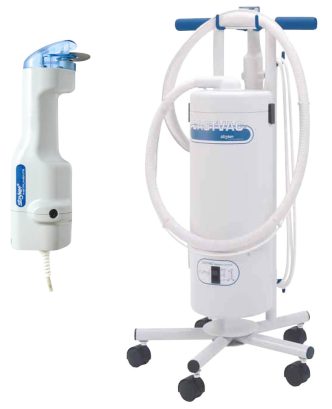The Benefits of Regular Anesthesia Equipment Maintenance
Anesthesia plays a vital role in the medical field, facilitating surgical procedures by ensuring patient comfort and safety. However, the reliability and functionality of anesthesia equipment are paramount to guaranteeing successful outcomes. Regular maintenance of this equipment is not only crucial but also offers a multitude of benefits for both healthcare providers and patients alike.
In this article, we will delve into the topic of regular anesthesia equipment maintenance and explore its numerous advantages. From optimizing performance to extending the lifespan of your equipment, we will highlight the key reasons why investing in proper maintenance is essential. So, if you’re curious about how regular upkeep can enhance patient safety and streamline medical procedures, read on to discover a world where meticulous care yields remarkable rewards.
The Importance of Anesthesia Equipment Maintenance
Ensuring the proper functioning of anesthesia equipment is of utmost importance in any healthcare setting. Regular maintenance plays a crucial role in upholding the highest standards of patient care and safety. Anesthesia equipment, including machines, monitors, and accessories, requires meticulous attention to detail to not only prevent malfunction but also to optimize performance.
By regularly maintaining anesthesia equipment, healthcare professionals can significantly reduce the risk of complications during surgical procedures. This proactive approach allows for early detection and resolution of potential issues before they escalate into more significant problems that could compromise patient well-being. Furthermore, routine maintenance helps prolong the lifespan of expensive equipment, ultimately yielding substantial cost savings for healthcare institutions.
The Top Benefits of Regular Anesthesia Equipment Maintenance
Regular maintenance of anesthesia equipment offers a multitude of benefits, ensuring the smooth functioning and optimal performance of these critical medical devices. Firstly, by investing in routine anesthesia equipment maintenance, healthcare facilities can avoid unexpected breakdowns and costly repairs. This proactive approach allows for the identification and resolution of potential issues before they escalate into major problems.
Moreover, regular maintenance contributes to enhanced patient safety. Ensuring that anesthesia equipment is properly calibrated, tested, and serviced helps to minimize the risk of errors or malfunctions during medical procedures. By prioritizing the upkeep of these vital machines, healthcare professionals can provide their patients with a secure and reliable anesthesia experience, promoting positive outcomes and speeding up recovery times.
Anesthesia Machine Service: Ensuring Optimal Performance
When it comes to providing safe and effective anesthesia, the performance of your anesthesia machine plays a crucial role. Regular service and maintenance of this equipment are vital to ensure its optimal functionality. By keeping your anesthesia machine in top-notch condition, you can be confident in delivering the highest level of care to your patients.
Anesthesia machine service involves a comprehensive inspection and evaluation of all components to identify any potential issues or signs of wear. This includes checking the gas delivery system, vaporizer, breathing system, and all other key elements. Any necessary repairs or replacements are promptly addressed during servicing to prevent future problems.
By prioritizing anesthesia machine service, you can rest assured that your equipment is operating at peak performance. This not only enhances patient safety but also improves efficiency in the operating room. With a well-maintained machine, you can deliver precise doses of anesthetic agents accurately and consistently, allowing for smoother surgeries and better outcomes for patients.
Anesthesia Equipment Repair: Fixing Issues for Enhanced Safety
When it comes to the maintenance of anesthesia equipment, repair plays a crucial role in ensuring enhanced safety for both patients and medical professionals. Anesthesia machines, like any other intricate devices, can develop technical faults over time. These issues may range from minor disruptions to serious malfunctions that could jeopardize patient health.
Timely repair of anesthesia equipment not only addresses existing problems but also prevents potential risks. Highly skilled technicians possess the expertise to identify and rectify any faults or abnormalities in the machine’s functioning. By promptly addressing these issues, the safety and reliability of the equipment are restored, allowing medical practitioners to administer anesthesia with confidence and peace of mind.
Anesthesia Equipment Calibration: Precision and Accuracy in Practice
When it comes to administering anesthesia, precision and accuracy are paramount. Anesthesia equipment calibration plays a pivotal role in ensuring that the dosage delivered to patients is precise, thereby minimizing the risk of over- or under-dosing. Calibration involves carefully adjusting the settings and parameters of the equipment to match established standards.
By undergoing regular calibration, anesthesia machines can maintain optimal functionality, providing accurate readings and precise delivery of anesthetic agents. This not only enhances patient safety but also improves the overall effectiveness of medical procedures. With calibrated equipment, healthcare professionals can have confidence in their ability to deliver anesthesia with utmost precision, allowing for smoother surgeries and more successful outcomes.
Anesthesia Equipment Testing: Guaranteeing Reliability and Functionality
An essential aspect of regular anesthesia equipment maintenance is thorough testing to ensure the reliability and functionality of the equipment. This process involves comprehensive evaluations, assessments, and examinations to identify any potential issues or malfunctions that may compromise the performance of the equipment during crucial medical procedures.
During anesthesia equipment testing, skilled technicians meticulously inspect each component and conduct a series of rigorous tests. These tests check various parameters such as pressure, flow rates, gas concentration levels, alarms, sensors, valves, and overall system integrity. By subjecting the equipment to stringent evaluations, healthcare providers can have complete confidence in its ability to deliver precise and accurate anesthesia administration.
Anesthesia Equipment Servicing: Extending the Lifespan of Your Equipment
When it comes to anesthesia equipment, ensuring its longevity is crucial for the smooth operation of any healthcare facility. Anesthesia equipment servicing plays a pivotal role in achieving this objective. Regular servicing not only helps maintain optimal performance but also extends the lifespan of your valuable equipment.
During anesthesia equipment servicing, highly skilled technicians meticulously inspect and clean each component, removing any built-up residue or deposits that may hinder functionality. By doing so, they ensure that your equipment operates at its peak efficiency, preventing unnecessary wear and tear that can occur over time. Furthermore, technicians conduct detailed assessments to identify any potential issues or areas for improvement, addressing them promptly before they escalate into major problems.
Cost-Effective Approach to Anesthesia Equipment Maintenance
When it comes to maintaining anesthesia equipment, it is essential to consider the financial aspect along with patient safety. A regular maintenance routine not only ensures the smooth functioning of the equipment but also proves to be a cost-effective approach in the long run.
By investing in regular anesthesia equipment maintenance, healthcare facilities can significantly reduce the risk of unexpected breakdowns and costly repairs. Routine inspections and servicing allow for early detection and timely resolution of potential issues before they escalate into major problems that require extensive repairs or replacement. This preventive approach helps facilities avoid sudden budgetary burdens, ensuring that resources can be allocated to other critical areas of patient care.
The Impact of Regular Maintenance on Patient Safety
When it comes to anesthesia equipment, patient safety is of paramount importance. Regular maintenance plays a crucial role in ensuring the highest level of safety for patients undergoing procedures that require anesthesia. By adhering to a proactive maintenance schedule, healthcare providers can significantly reduce the risks associated with malfunctioning equipment.
One of the primary ways regular maintenance impacts patient safety is by detecting potential issues before they become critical. During routine inspections and servicing, trained professionals meticulously examine all components of the anesthesia equipment, identifying any signs of wear and tear, damage, or malfunction. By catching and addressing these issues early on, healthcare providers can prevent unexpected failures during procedures that could jeopardize patient well-being.
Contact Auxo Medical for Professional Anesthesia Equipment Maintenance & Repair
When it comes to maintaining and repairing your anesthesia equipment, it is crucial to entrust the task to experts in the field. This is where Auxo Medical steps in, providing top-notch services that ensure the optimal functioning and longevity of your vital medical equipment. With our team of highly skilled technicians, Auxo Medical offers comprehensive anesthesia equipment maintenance and repair solutions that go above and beyond mere service.
Auxo Medical understands the critical role that anesthesia equipment plays in patient care. Our commitment to excellence shines through in their meticulous attention to detail, ensuring every component of your equipment is thoroughly inspected, serviced, calibrated, and tested. By relying on state-of-the-art technology and industry best practices, we make sure that your anesthesia machines are functioning with utmost precision and accuracy. Contact Auxo Medical today!

